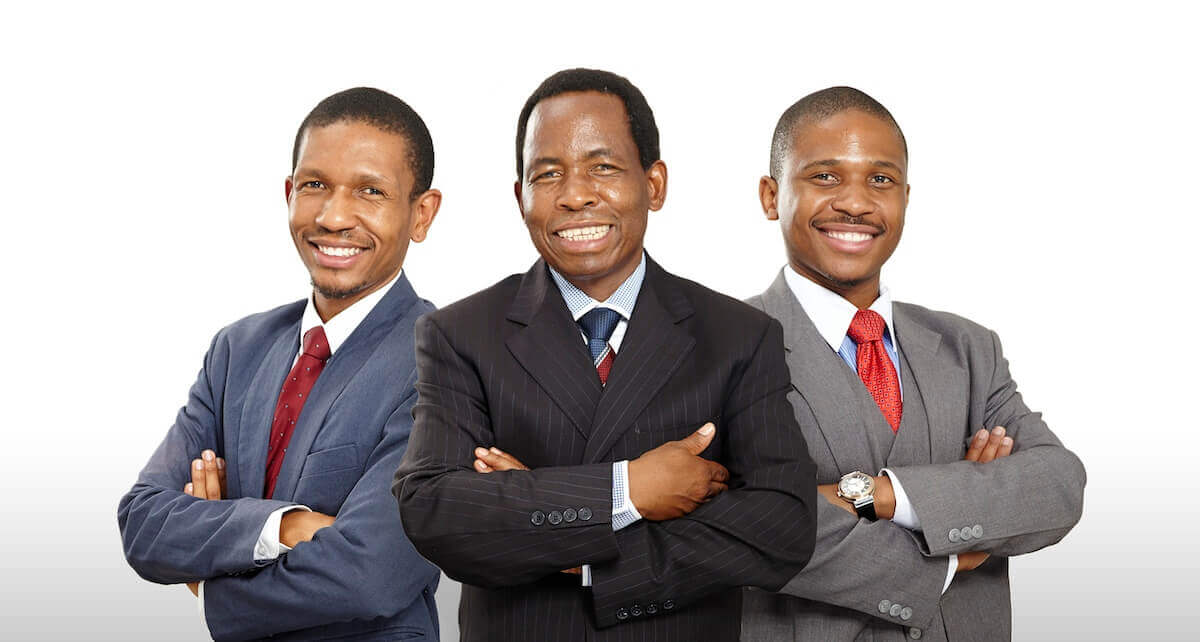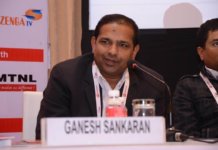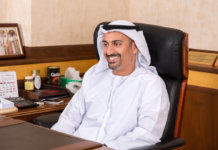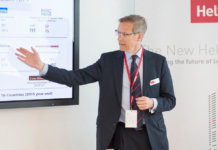Interview with Thabang Sekete, Business Development Manager, Buhle Waste
In 1997, South African Medical Doctor P.D. Sekete recognised an urgent problem: He saw more and more household rubbish piling up throughout the townships of the country. Compelled to act, Dr. Sekete founded Buhle Waste and set out to fulfil his vision of bringing efficient waste management solutions to Africa. Today, the second generation has joined the business and Buhle Waste is growing rapidly in South Africa and across borders, providing specialised services in general as well as medical waste management.
Thabang Sekete talks to Tharawat about his family’s successful waste management business and how South Africa’s black-owned businesses are transitioning to the second generation.
Your father started Buhle Waste in 1997. Tell us how that came about.
My father saw more and more household rubbish piling up throughout the townships around South Africa. People would just throw waste outside and there it would stay, particularly in underprivileged neighbourhoods – those not considered to be important economic hubs. Dumping was illegal but these places were pretty much allowed to fall by the wayside. My father saw a way to dispose of waste in an appropriate and environmentally conscientious manner – and a way to clean up the environment for the communities.
What kind of services did Buhle Waste offer in the beginning?
My father started out going from door-to-door with a truck collecting household waste, picking up rubbish. He would then take it to the landfill site to be appropriately managed disposed of. Quite early on, he saw another important avenue for the business to explore – medical waste. As a qualified medical doctor he had experience and expertise within the medical sector which he brought across to the business and formed our medical waste division in 1999. It picked up pace dramatically in 2001 when we won our first big contract with the Gauteng Department of Health. Today we specialise in all waste streams: general, industrial, commercial, hazardous and medical.
When did you and your brother join the family business and why?
I joined in 2010 after my degree. And I joined to learn! I was certainly thrown into the deep end, starting out at ground level as junior logistics manager, mainly looking at keeping costs down and managing growth efficiently. I wasn’t quite driving the trucks but very close to the front line. Then I moved into a key accounts management position where I looked after our big Department of Health client, working very closely with nurses, doctors and cleaners. I’ve worked in Key Accounts ever since. My brother Nkoko joined the business in 2012 in the logistics position where I started out. He also moved in to Key Accounts Management in 2014 with the Department of Health but recently moved over in to manage our expansion into the Free State, a neighbouring province.
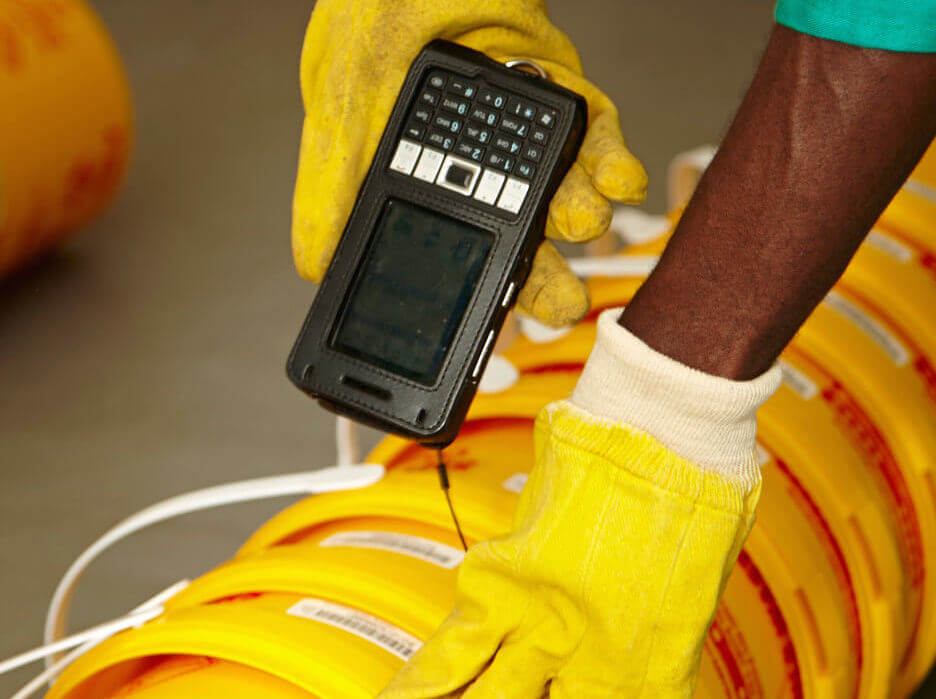
Buhle Waste now serves five out of nine provinces in South Africa. How have you achieved this growth?
Growth has been exponential. In 2001 we started in just one province, Gauteng. In 2003, we took on two, by 2009 we were serving three and now we cover five provinces. We are one of the best quality waste management service providers in the country and certainly the best value for money. That’s essentially how we’ve done it. But waste is an expensive business to get started in. The infrastructure and technology investment costs are huge – we’re talking millions of dollars. So if you’re in it you need to be a market leader or a very good follower in order to recoup that. Even then it takes years. We’ve got our sights set beyond South Africa too. We already have a partnership in Botswana and we’ll be doing the same in Zambia, Ethiopia, and Kenya by 2018.
What was the major turning point for the business?
People talk about pivotal moments in a business – those moments where crisis hits and you can either rise up and perform some kind of miracle or you watch the business fail. Our crisis came in 2001, just after we started our big Department of Health contract. The company we used to treat and dispose of the waste we collected were in fact also our competitor because they had a collection and transport arm too. They suddenly decided to raise their treatment facility prices by 100% within the space of 24 hours. We had hundreds of clinics, hospitals and other healthcare facilities relying on us to collect dangerous waste from them. But if we could no longer afford to get the waste treated and disposed of, our business was not going to survive.
How did you overcome the crisis?
My father went into crisis mode and set up a round table with the Department of Health and the treatment facility. The Department of Health were sympathetic. They were keen to support us as an up-and-coming young business and as a black-owned business. Under apartheid, blacks were entirely disenfranchised and excluded from the economy, not considered as business owners, citizens or even humans. We now have broad-based black economic empowerment (B-BBEE) which is designed to empower black companies and address injustices of the past. Our crisis happened only years after the end of apartheid so the Department of Health were happy to provide negotiating muscle and eventually they agreed o increase the amount they paid us by about 15%. This didn’t cover all the costs of the price hike but it was enough to keep us afloat.
[ms-protect-content id=”4069,4129″]
How did that experience affect the business?
We needed to get through that moment; we needed to carry on existing. We showed that we could be emotionally resilient, sit down with the big guys and get through anything the competitors threw our way. We pulled through and in fact solidified our relationship with the treatment facility. They realised that we were a force to be reckoned with; we were certainly not going to be bullied out of business. But the experience made us realise that it wasn’t enough to simply collect and transport the waste, sending it to other companies to treat and dispose of it. We knew we needed to be more fully involved in the value chain and be more self-reliant. So in 2005 we invested in our own treatment facility – an incinerator.
Did you find it hard to move into waste treatment after years of just collecting and transporting it?
Well the incumbents – our previous suppliers for treatment – certainly did not welcome us moving in on their patch. We even had to deal with corporate espionage at one point. Jason Bourne has got nothing on us! The treatment plant also had its own problems and was in fact shut down at one point. My father had to go in to turn things around, change the management and put the finances right. It took a few years to get it fully operational, re-licensed and on track but it eventually became profitable. The challenge with any expansion is to stay true to our identity while adapting to the new environment; to carry on doing what we do, but to see where we need to adapt.
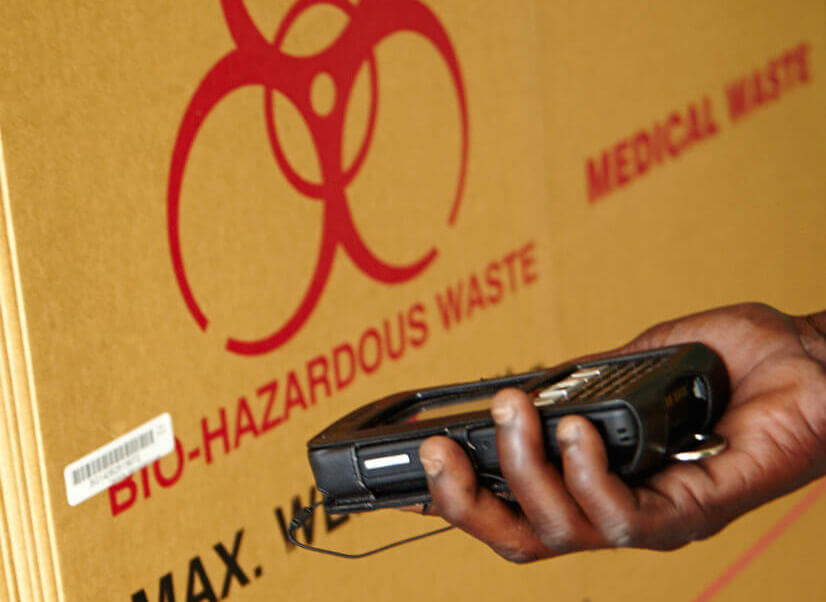
How does the South African system of waste management compare with that in other countries?
Surprisingly competitive! I recently learned that Canada uses South Africa as a best practice case study. Germany and the Nordic countries are very ahead of the curve and we’re looking to adopt some of their policies here. Waste awareness in South Africa has always been quite high from a policy perspective; for a long time it was the implementation side that was lagging. Forty years ago, the Waste Act established the basics such as: what is waste, how to identify different streams of waste and how to manage them. As time goes on the technology has improved and our understanding deepened so now the policy doesn’t seem to go far enough. For example, in 2011 we developed a unique method of treating hazardous medical waste so that it turns into an energy source. That results in a fully closed loop system – no more landfill, incineration or emissions, no negative environmental consequences at all. Similarly recycle technology has been available for 20 years but it’s only in the last five years that it’s been recognised and introduced.
How do you generate waste awareness in the community?
There’s been a huge shift in attitude since we started out. Twenty years ago most South Africans were not concerned about waste management best practice. They just wanted us to get it away from their house, office or shop. Now people want to better understand their influence on the environment. They’re thinking about cradle-to-grave waste management and feel a clear duty to deal with the waste they’re generating. This is supported by legislation. We run a training academy as part of the business to teach clients about the law, how to implement best practice waste management and maintain it. We work with everyone in a business from cleaners to CEOs, teaching them what waste is and how to deal with it responsibly.
How have you developed personally and professionally within the family business?
I’ve learned a lot in the business but I’ve also taken several breaks to study. My thinking has always been: “How can I add value to the family business? What skills and knowledge can I bring back into South Africa? What do I need to learn from a management perspective?” In 2011, I did a Masters in Monitoring and Evaluation and then another one in 2014 in Business – this time in China – afterwards I did six months intensive study of Mandarin! My time in China gave me skills, connections and a network that will help us achieve things on a global scale. It’s already paying dividends – a few weeks ago we welcomed a Chinese delegation to visit the company. That would not have been possible without my study in China.
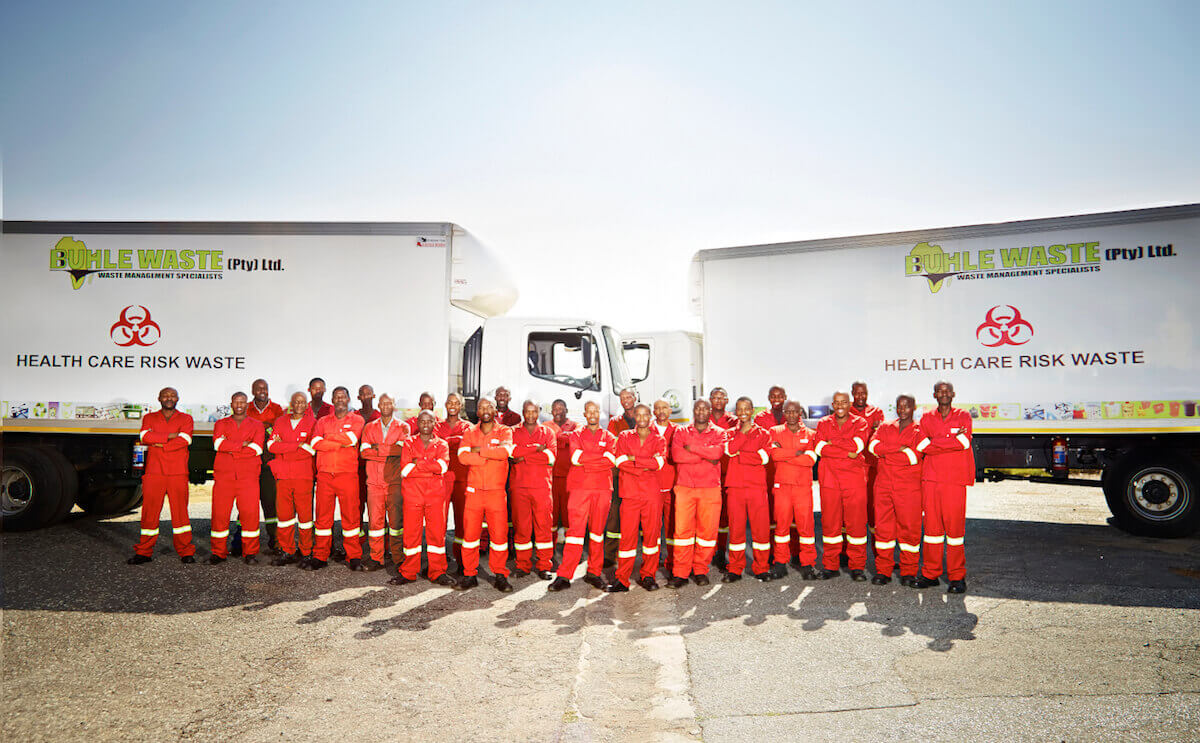
What difference has it made to your success being a family business?
Being a family business has pros and cons. You can turn it to your advantage. For us the more critical factor – by far – has been that we are a black-owned business. Not only that, we are now a second-generation black-owned business. This is still quite rare in South Africa; we are walking through a door that has only recently been opened. We are part of a movement that is correcting the injustices of the past, representing a lot of people who have not been represented for many years, empowering our community. My brother and I have agreed that, yes, we are building the business as a legacy for our family, but we also see the business as a tool for the family to add value to our people, so we can all heal and live better with ourselves. It is critical for us to maintain that.
[/ms-protect-content]


